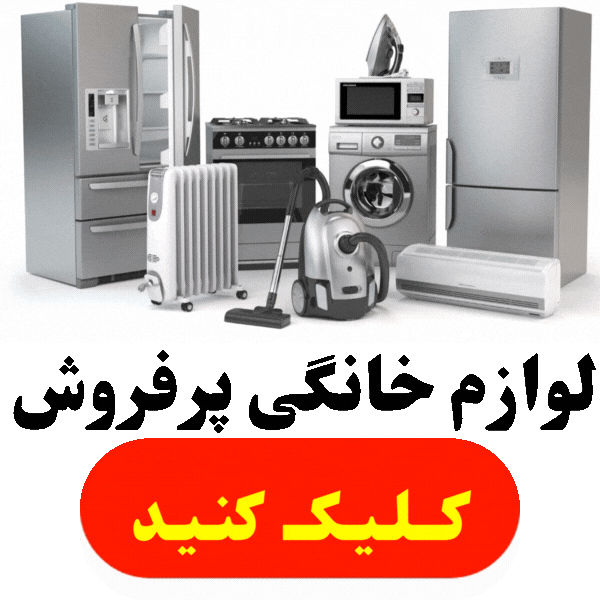برق صنعتی به انگلیسی
Absolutely! Here's a comprehensive explanation of industrial electricity in English, incorporating key concepts and addressing potential questions:
Industrial Electricity: A Comprehensive Overview
Industrial electricity refers to the electrical power used to operate machinery, equipment, and processes within industrial settings. Unlike residential or commercial electricity, industrial applications often demand higher voltages, larger current capacities, and more specialized electrical systems.
Key Characteristics and Components:
- Three-Phase Power: Most industrial systems operate on three-phase power, which provides a more balanced and efficient power distribution compared to single-phase power.
- High Voltage: Industrial applications frequently require higher voltages to transmit power over long distances and to power large motors and equipment.
- Large Current Capacity: Industrial loads, such as electric motors and furnaces, often draw significant amounts of current, necessitating heavy-duty electrical components.
- Specialized Equipment: Industrial electrical systems employ a variety of specialized equipment, including transformers, circuit breakers, motor control centers, and programmable logic controllers (PLCs).
- Safety Standards: Industrial electrical installations must adhere to strict safety standards to protect workers from electrical hazards.
Applications of Industrial Electricity:
- Manufacturing: Powering assembly lines, machine tools, and industrial robots.
- Mining: Operating mining equipment, including conveyors, crushers, and pumps.
- Oil and Gas: Providing power for drilling rigs, pumping stations, and processing facilities.
- Power Generation: Generating electricity in power plants using various sources, such as fossil fuels, nuclear energy, or renewable energy.
- Data Centers: Supplying power to servers, networking equipment, and cooling systems.
Advantages of Industrial Electricity:
- Efficiency: Three-phase power and high-voltage transmission reduce energy losses.
- Reliability: Redundant systems and backup power sources ensure continuous operation.
- Flexibility: Industrial electrical systems can be easily adapted to accommodate changing production requirements.
- Automation: PLCs and other control systems enable automated processes and increased productivity.
Challenges in Industrial Electricity:
- Complexity: Industrial electrical systems are often complex and require specialized knowledge to design, install, and maintain.
- Safety: Electrical hazards pose significant risks to workers, necessitating strict safety measures.
- Cost: The initial investment in industrial electrical infrastructure can be high.
Future Trends:
- Renewable Energy Integration: Increasing use of renewable energy sources like solar and wind power.
- Smart Grid Technology: Implementing intelligent control systems for more efficient and reliable power distribution.
- Internet of Things (IoT): Connecting industrial devices to enable real-time monitoring and control.
- Electric Vehicles: Charging infrastructure for electric vehicles in industrial settings.
In Conclusion:
Industrial electricity plays a vital role in modern society, powering the manufacturing, mining, and energy sectors. Understanding its principles and applications is essential for engineers, technicians, and anyone involved in industrial operations. As technology continues to advance, industrial electrical systems will become even more sophisticated and efficient.
Would you like to delve deeper into a specific aspect of industrial electricity, such as:
- Electrical distribution systems
- Motor control and drives
- Electrical safety standards
- Renewable energy integration in industrial settings
Feel free to ask any questions you may have.
لینک
منبع
لینک منبع
لینک سایت
سایت اصلی
سایت منبع
این سایت
این لینک
اینجا
اینجا کلیک کنید

